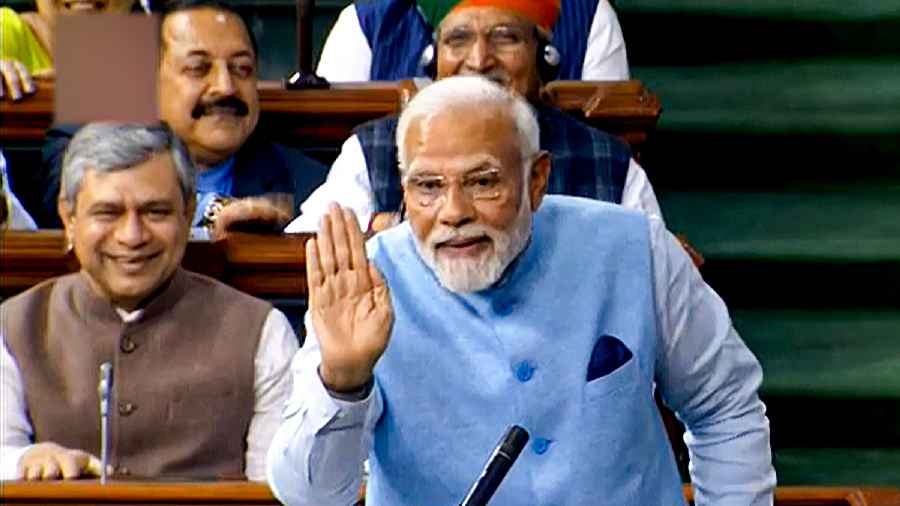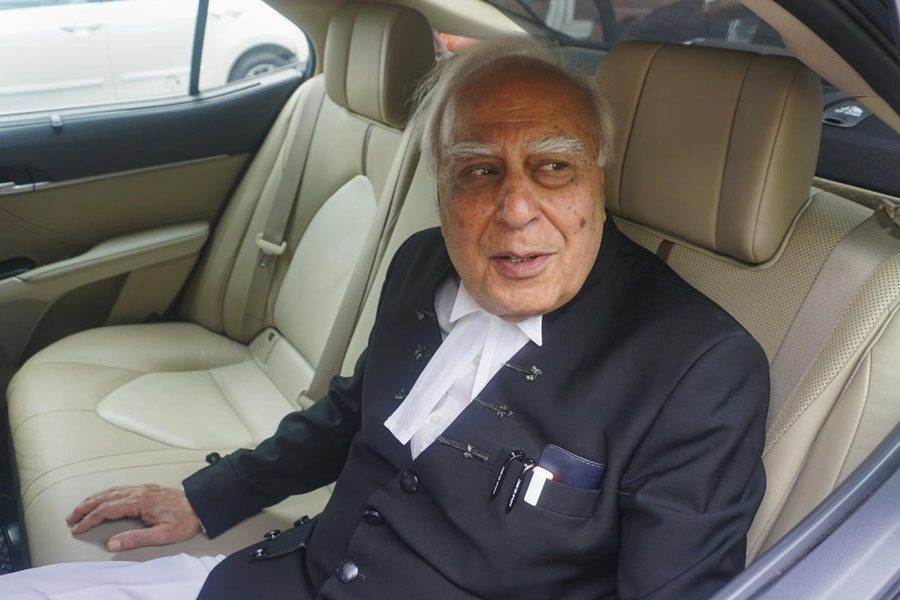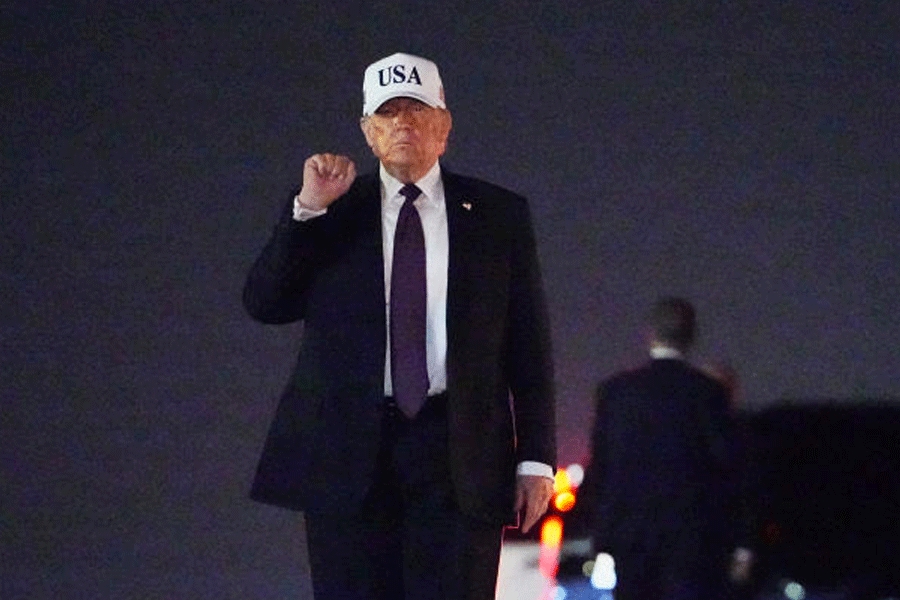Prime Minister Narendra Modi has asked investors to bet on India as an economy with great potential to grow and develop. Around the same time, the Supreme Court has called for greater protection for investors. A question arises; if a bet is, by definition, risky, to what extent should the bettor be protected? Capitalism functions well when the State keeps itself aloof from business decisions to invest. The State, however, is supposed to provide a level playing field wherein investors are protected from fraud and foul play. The prime minister must have been referring to big investors in the form of firms and conglomerates that would set up new units and make outlays on capital expenditures. The apex court, though, was possibly referring to small financial investors who put their money in shares and bonds; in other words, they lend their finances to a variety of business organisations. For both these groups to invest more resources, they require a fair degree of trust in the prospects of the Indian economy. For this trust to be robust, the potential investors must believe that their money is protected against misuse, especially through fraud or through agents reneging on contracts. Above all, they must have a firm belief that their property in terms of physical assets as well as financial assets is well protected from confiscation or appropriation.
India’s laws and regulatory institutions like the Securities and Exchange Board of India are strong. The securities markets are well-governed. Property is guaranteed and there are well-structured grievance redressal mechanisms available in the case of disputes and disagreements on contractual obligations. There are two weak elements, however, in this framework of protection. The first is the crowded courts of law. Any new case registered in a court could take years to get resolved. Quick decisions are the essence of good business practice. Outcomes hanging in uncertainty contribute to a fast erosion of trust in the system. A corollary of this is when lapses of big firms come to light but the regulator takes too much time to act. When it does, the penalty is low. The second problem comes from an unpredictable fiscal policy. The State’s budgetary policies can change every year. The disastrous case of a retrospective tax imposed on a corporation is still in the minds of investors. The economy is not a casino. If investors are asked to place bets like in a gambling house, the money spent will be small in amount and patchy in frequency.











